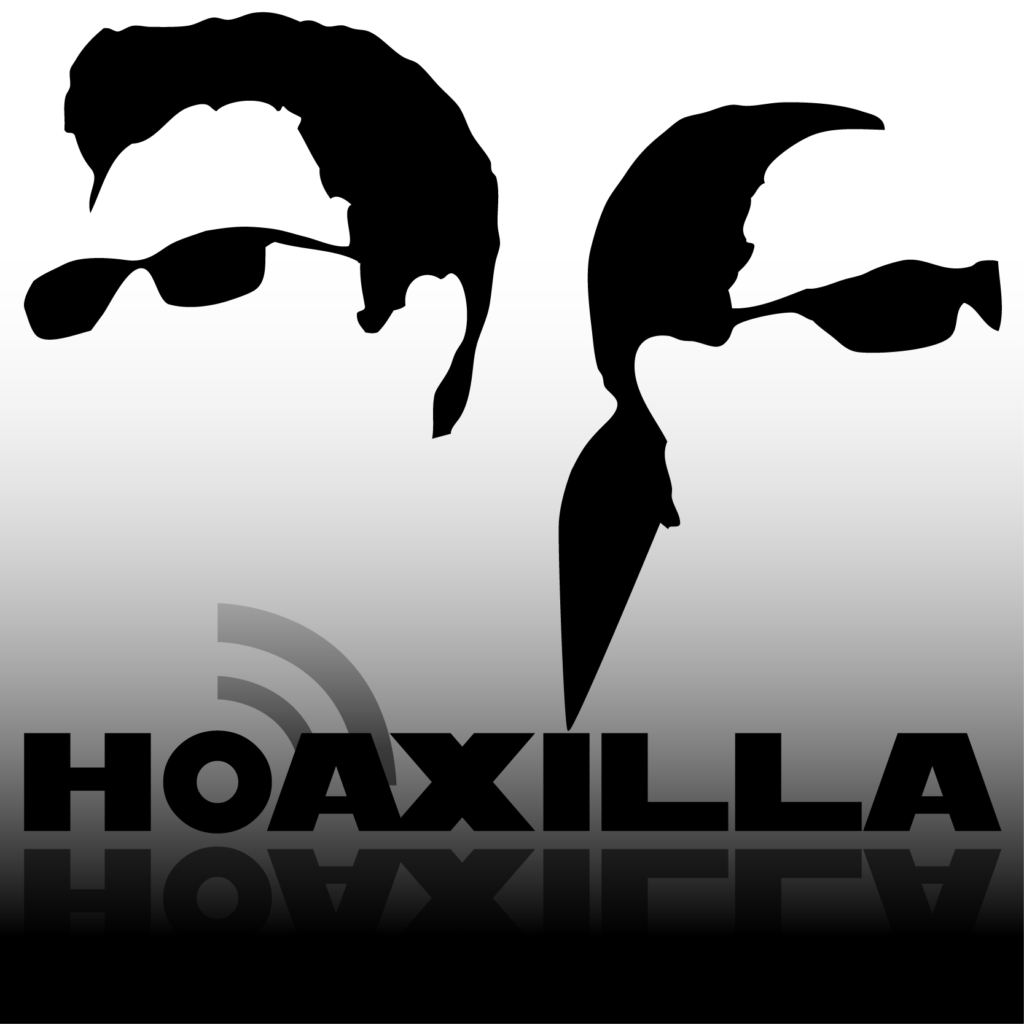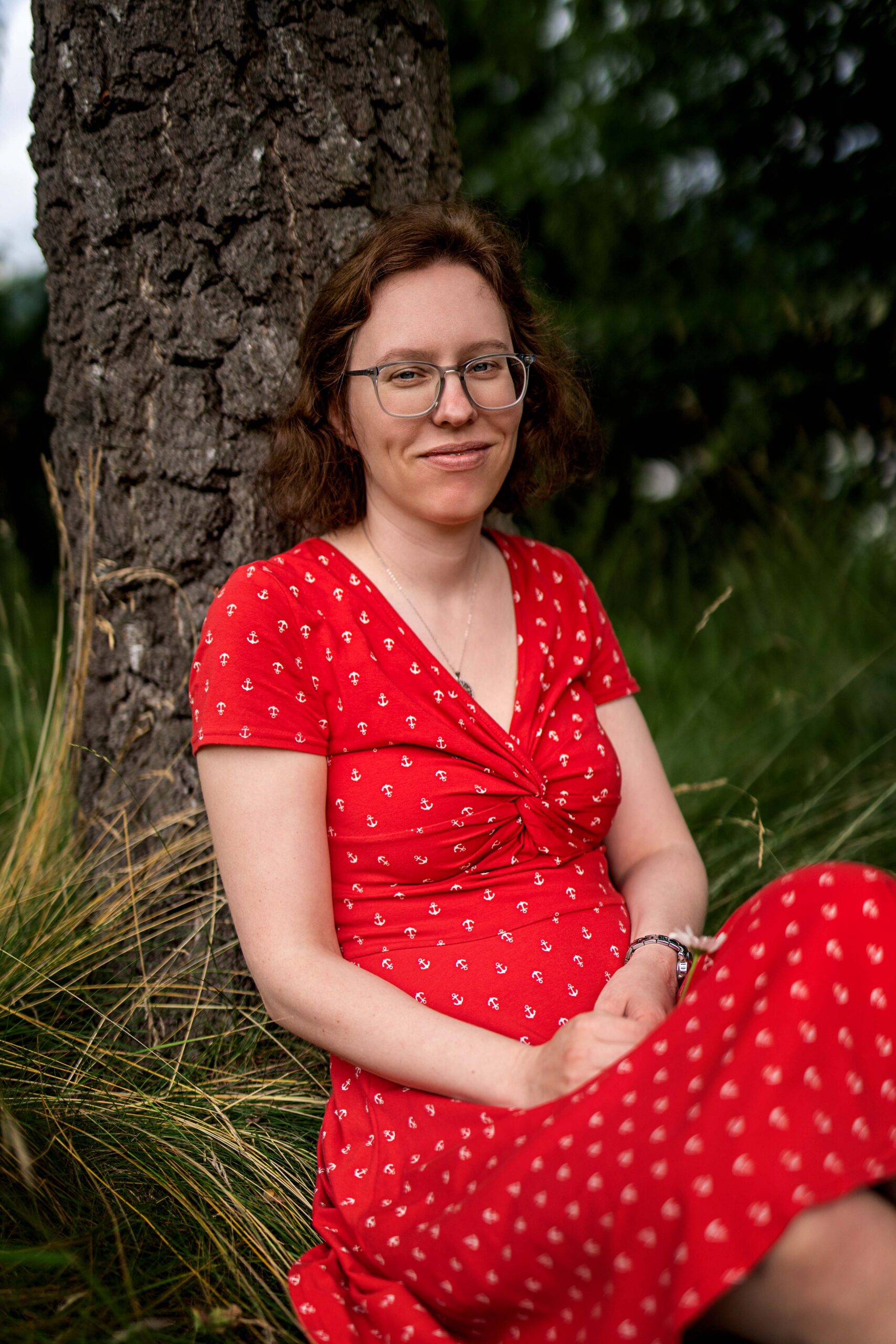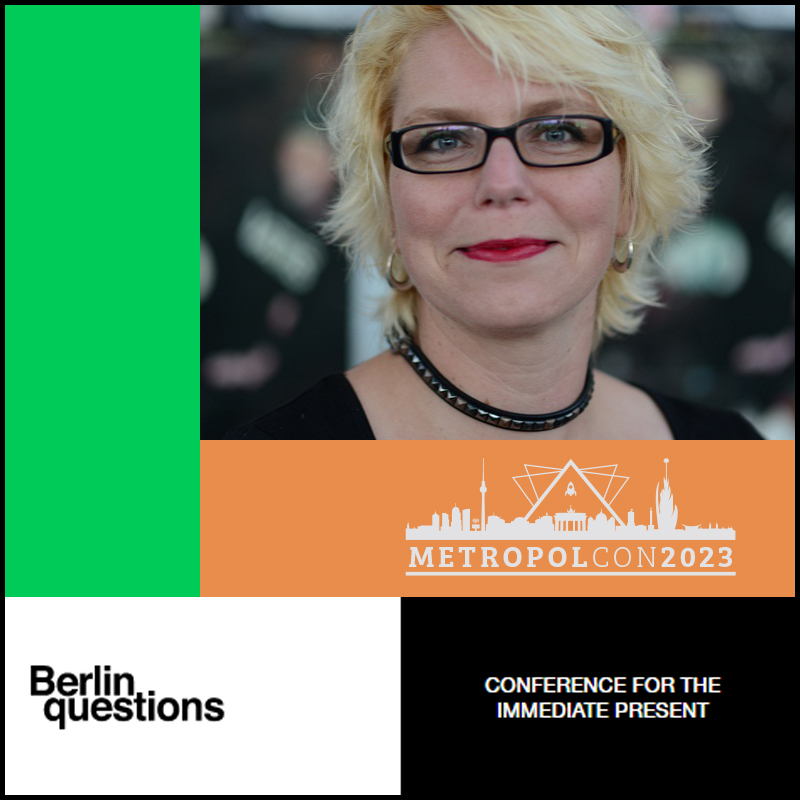Addendum (August 22, 2022): Herbert Franke passed away on July 16, 2022. May he rest in peace. We wrote this birthday post when the artist and writer was still alive. He even considered attending in person, but knew it was only a “Maybe.” While we are sad that any exhibition and appreciation of his work can now only be retrospection – or retrospective, as they say in the art world – we are also still delighted and proud to include both – the exhibition and the appreciation – in our convention.
Herbert W. Franke: Art exhibition at VISIONÄR in Linz and at MetropolCon 2023
Congratulations to Herbert W. Franke on his 95th birthday on May 14, 2022! We are pleased to welcome him as a guest at our convention.
Since March 30, 2022, an exhibition of his works entitled “Visionary” has been running at the Francisco Carolinum Museum in Linz. The exhibition will run until June 12, 2022.
Who is Herbert W. Franke?
His computer art moves between chance and analysis. “These are the two terms I bring together in my works. I see the analytical part with the artist, but the generation of chance with the machine. It can generate creativity by throwing dice, a creativity which might not have occurred to me at all. So for me the computer is actually more than a tool, it’s a partner that I use in the process of creating art.”
In the field of speculative literature, he is best known for his SF short stories and novels. For some years now, the publishing house p.machinery has published an edition of his works with introductions and afterwords and very appealing illustrations by his namesake Thomas Franke. Thomas Franke uses the collage technique to capture the multifaceted nature of Herbert W. Franke’s texts.
Early on, Franke wrote about questions of artificial intelligence; the danger of a surveillance state also appears again and again in his stories. Franke is on the one hand a close observer of technological progress and its social impact, and on the other hand interested in exciting stories. His style is sober, but never too dry. The early warning system built into high-quality science fiction always points out different possibilities; the crossroads between utopia and dystopia. After the catastrophe of fascism in Europe, Herbert W. Franke was one of the first to revive the interrupted SF tradition. He lists Hans Dominik, but also the Prague fantasists such as Franz Kafka and Leo Perutz as models.
Franke combined his scientific training as a physicist and his interest in speleology (cave research & exploration) with his role as a writer. In “Ypsilon Minus,” for example, Franke contemplates a future society whose deviants are all designated by the code of the same name, “Ypsilon Minus.” One day, the control officer Benedikt Erman receives instructions to do a deviant check on himself. How is that possible? Is there an error in the system? The novel was first published by Suhrkamp’s Phantastische Bibliothek in 1976. Franke also dealt early on with the implications of information processing, both the opportunities and the risks. In “Die Glasfalle” (The Glass Trap), Franke takes up real fears of the early 1980s; the novel was published in 1981. Soldiers are turned combat-ready by drugs, and in parallel Franke describes a space flight by survivors of the nuclear catastrophe in search of a new home. The anxiety expressed in this novel takes on an ominous timeliness in light of the belligerent invasion of Ukraine.
“Zone Null” is another novel that sketches a threat that was thought to have passed, that of the Cold War, which has now become very present again. Two superpowers have settled into their blocs after a devastating catastrophe. But then a carefully selected expedition is sent into no man’s land – Zone Zero. Franke’s writing is sometimes reminiscent of the classics of Eastern European SF, such as the Strugatzki brothers or Stanislaw Lem, who also project basic problems of human coexistence into a future that has become more technological, and develop philosophically exciting questions from them. Franke shows a comprehensive view here.
At MetropolCon 2023, Herbert W. Franke’s artworks and computer art should provide an interesting perspective on the theme of “chaos and order.”
Dominik Irtenkauf


